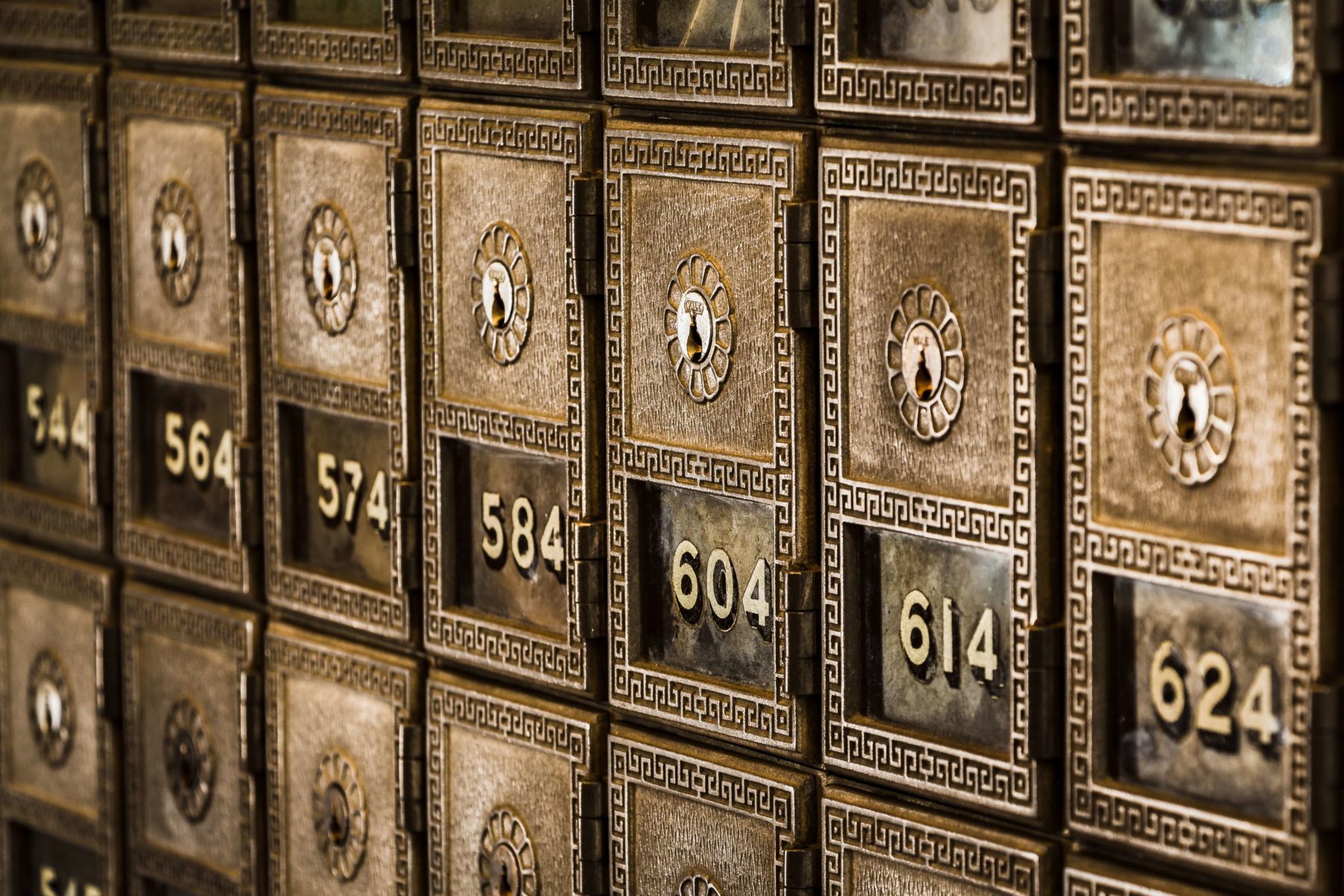Imagine this…. In a typical translation process, the client sends the content to be translated to the translation vendor. Then the translation vendor sends the data to the individual contractor doing the translation work. The linguist then sends the translated content to another contractor to review for quality assurance. Then the translation vendor sends the final translated file back to the client. This scenario doesn’t include formatting, which is often done by yet another party, adding to the distribution of content.
Often, these files are simply emailed back and forth between the various parties. Another popular method involves downloading the documents from the organization’s repository and saving them to a storage repository owned by the translation vendor. The documents are then downloaded to the local machines used by the translators and quality control staff. Not to mention, the geographical distribution of the content often means the documents are sent to other regions or countries with a whole different set of issues.
Each of these data “handoffs” during the translation process creates a copy of the documents. Those copies then reside in various environments for indeterminate periods of time. Under many circumstances there may be no active data security measures in place. Moreover, you as the client have little visibility into where your documents reside and limited ability to enforce any information governance or data security policies.
With all the concern around cyber security and data breaches this is particularly critical when dealing with Personal Health Information (PHI) or Personally Identifiable Information (PII). As a buyer of translation services it is critical to ensure that your data is secure when submitting translation projects.
Your translation provider should have programs in place to provide the correct level of security during the translation process. For example, at ULG, we’ve set up separate streams for our customers, from healthcare to litigation, that allow them to send encrypted data, restrict who can access the data and delete the data in the proper time frame.
Have questions? Contact us at info@ulgroup.com.
Google+ Facebook LinkedIn Twitter Instagram

